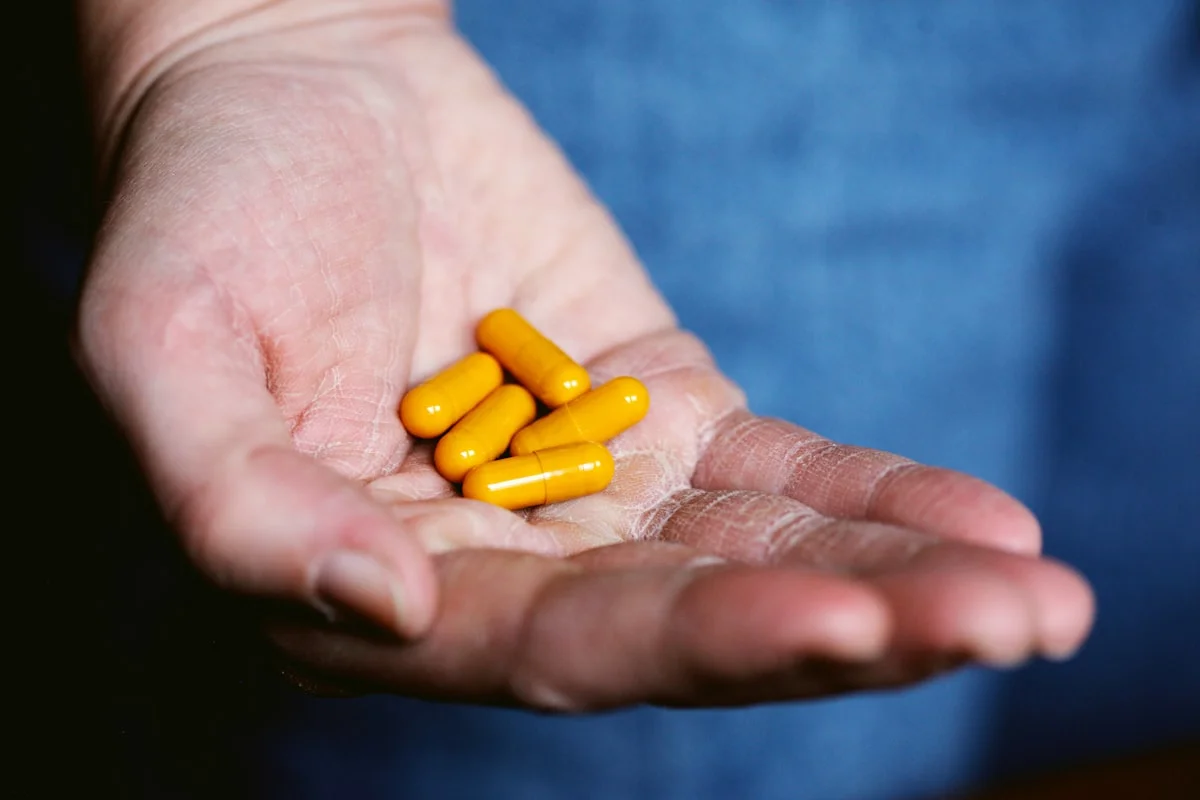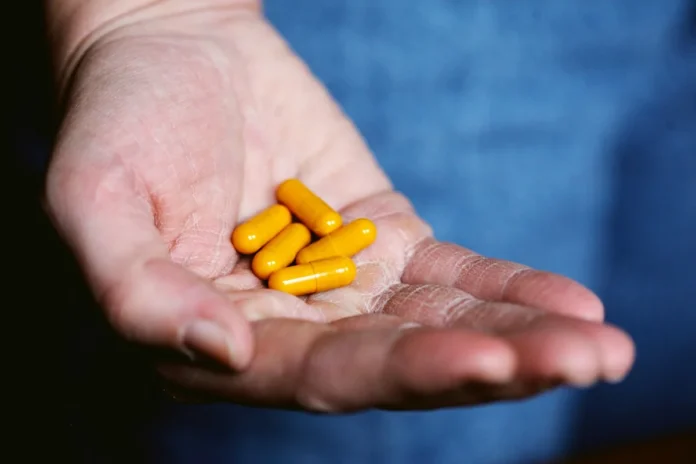Understanding Bipolar Disorder in Teenagers
Bipolar disorder is a mental health condition characterized by extreme mood swings, including emotional highs (mania or hypomania) and lows (depression). While it can affect individuals of any age, teenagers with bipolar disorder face unique challenges due to the natural hormonal and emotional changes of adolescence. Recognizing the symptoms and finding the right medication can be crucial in helping teens manage their condition and lead balanced lives.

Common Symptoms of Bipolar Disorder in Teens
Bipolar disorder in teenagers often presents differently than in adults. During manic phases, a teen may exhibit excessive energy, rapid speech, impulsive behavior, or an inflated sense of self-esteem. Depressive episodes, on the other hand, can involve prolonged sadness, fatigue, withdrawal from social activities, and even thoughts of self-harm. Because these symptoms can sometimes be mistaken for typical teenage moodiness, a thorough evaluation by a mental health professional is essential for an accurate diagnosis.
The Role of Medication in Treatment
While therapy and lifestyle changes are important components of managing bipolar disorder, medication often plays a central role in stabilizing mood swings. For teenagers, finding the right medication requires careful consideration, as their developing brains and bodies may respond differently to certain drugs than adults. The goal of medication is not to suppress emotions but to help regulate the extreme highs and lows that disrupt daily functioning.
Mood Stabilizers
Mood stabilizers are typically the first line of treatment for bipolar disorder in teenagers. Lithium is one of the most commonly prescribed mood stabilizers and has been used for decades to manage both manic and depressive episodes. While effective, lithium requires regular blood tests to monitor levels and check for potential side effects. Other mood stabilizers, such as valproate or lamotrigine, may also be considered depending on the teen’s specific symptoms and medical history.
Atypical Antipsychotics
In some cases, atypical antipsychotics may be prescribed to help manage severe manic or mixed episodes. Medications like aripiprazole, quetiapine, and risperidone can help reduce symptoms of mania, such as agitation or hallucinations. These medications are often used in combination with mood stabilizers for better symptom control. However, they may come with side effects such as weight gain or drowsiness, which should be closely monitored by a healthcare provider.
Antidepressants
Antidepressants are sometimes used cautiously in teens with bipolar disorder, particularly during depressive episodes. However, they must be prescribed carefully, as they can sometimes trigger manic episodes if not paired with a mood stabilizer. Selective serotonin reuptake inhibitors (SSRIs) like fluoxetine or sertraline may be considered, but close supervision is necessary to ensure they do not worsen mood instability.
Challenges in Medication Management for Teens
Finding the right medication and dosage for a teenager with bipolar disorder can be a complex process. Adolescents metabolize drugs differently than adults, meaning they may require adjustments in dosage or experience unique side effects. Additionally, teens may struggle with medication adherence due to forgetfulness or reluctance to take pills daily. Open communication between parents, teens, and healthcare providers is key to addressing these challenges and ensuring the treatment plan remains effective.
Monitoring Side Effects
All medications come with potential side effects, and teenagers may be more sensitive to certain reactions. Common side effects of bipolar medications include weight gain, drowsiness, dizziness, or digestive issues. Parents and caregivers should work closely with doctors to monitor these effects and make adjustments if necessary. In some cases, additional medications or supplements may be recommended to counteract unwanted side effects.
The Importance of Therapy Alongside Medication
While medication can help stabilize mood swings, therapy is an essential complement to treatment. Cognitive-behavioral therapy (CBT) can help teens develop coping strategies for managing stress and regulating emotions. Family therapy may also be beneficial, as it provides a supportive environment for addressing communication issues and improving relationships. Combining medication with therapy often yields the best long-term outcomes for teens with bipolar disorder.
Supporting a Teen with Bipolar Disorder
Parents, teachers, and friends play a crucial role in helping a teenager manage bipolar disorder. Encouraging open conversations about mental health, maintaining a stable routine, and promoting healthy habits like regular sleep and exercise can make a significant difference. It’s also important to educate those around the teen about the condition to reduce stigma and foster a supportive environment.
Conclusion
Bipolar disorder medication for teenagers requires a thoughtful and individualized approach. With the right combination of medication, therapy, and support, teens with bipolar disorder can achieve stability and thrive. If you suspect your teen may have bipolar disorder, seeking professional help early can lead to more effective treatment and a better quality of life. Always consult a healthcare provider before starting or adjusting any medication regimen.



